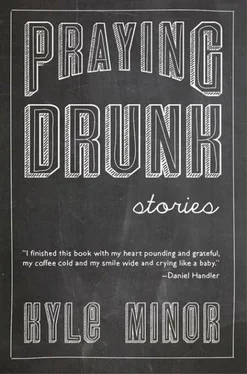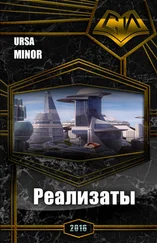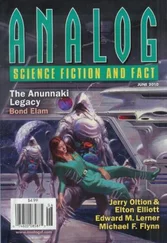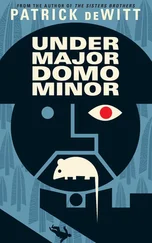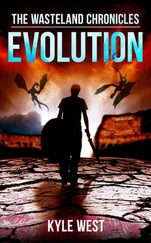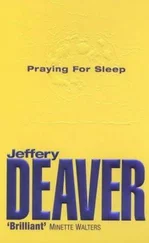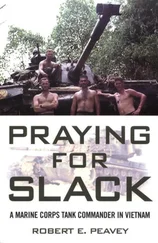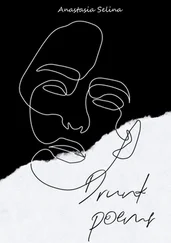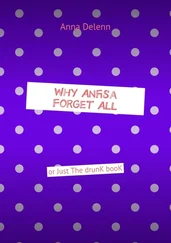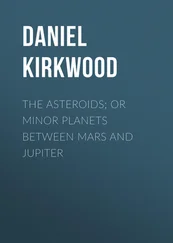He looks right at me and smiles, and this time I detect nothing but the utmost sincerity in that smile — and I know that the sincerity does not attach to the apology he is about to offer, but instead to the retribution, the beating, that will follow — and he says, “Minor, I’m truly sorry.”
And Sanders says, “Good, then. It’s settled. Now, both of you, off to class.”
I let him get a head start before I start walking. I know when we turn the corner, mean Mrs. Tatham, the grammarian, will be waiting outside her classroom door, watching, looking for an excuse to jump down some poor kid’s throat. God bless Mrs. Tatham.
McKinnick takes his head start. He rounds the corner, then I do, and he is ahead of me, passing Mrs. Tatham, but then he slows down. She is still watching, so he doesn’t touch me, but when I get within earshot he says — loud enough for me to hear, but soft enough that she can’t—“It’s not settled”—and though I knew, now I know .
I am twelve years old, standing beneath the starfruit tree, possessing this terrible knowledge. . and yet, and yet , above me are starfruit, a great many, and I have been picking them for all the years I have gone to this school, ever since I was four years old, and I know how to pick one that is sweet enough but not overripe, and not overly bitter, either. It is truly amazing to me that I am the only person I know, student or teacher, who picks from this tree.
The fruit are green or yellow or brown, their color a measure of their ripeness. I reach up and pick a yellow one, the five points of its star just starting to turn brown. This is how I like them. Just a little sweet, but still firm, not mushy. I bite into one of the points of the star and some juice runs down my face and down onto my hands and into the cuts and abrasions from where I caught myself on the concrete behind the pale green locker-room door after McKinnick hit me with it. There is citric acid in the juice, and when the acid touches the cuts and abrasions, it stings, and I make a fist involuntarily, and squeeze the starfruit I am holding, and squeeze more juice, more acid, into the wounds. You shall go out with joy and be led forth with peace is the song I am hearing in my head. The mountains and the hills shall break forth before you —all this from the naysayer, the prophet of doom who also wrote, Your country is waste, your cities burnt with fire; Your land before your eyes strangers devour —and the difference, you see, between Old Testament prophets like Isaiah and New Testament disciples is that the joy in these old Jewish writings always rises from the deepest of darkness, and there is no gloss on the darkness. No purpose for the darkness, except sometimes testing, sometimes judgment, sometimes spite, all this attributed often enough to God. No all things work together for good to them who love God, to them who are called according to His righteousness . No. All things do not work together for good. All things are in opposition, and the darkness more often overtakes the light than the light the darkness. The darkness is the darkness is the darkness.
And what would bring God joy? A final separation from sin. The destruction of the wicked. The destruction of the world.
And what would bring me joy? The destruction of Drew McKinnick.
I am twelve years old, standing beneath the starfruit tree, holding in my hand the most beautiful fruit any tree in the world has ever borne, and now softly humming the most beautiful, sad song I have ever heard— You shall go out with joy and be led forth with peace —and contemplating the destruction of Drew McKinnick.
There is the baseball bat. Maybe his baseball bat. I could carry it with me around the corner, make a show of showing it to Mrs. Tatham, talk a little shop about the relationship between baseball bats and grammar. And wait. And when McKinnick rounded the corner, I could draw back that baseball bat and swing it at his head and explode his skull. . no, watch it swell like a balloon, and then swing it again, and watch it pop, watch the splatter of gray matter and crimson blood stain the sidewalk, and then, in the moment before they wrestle me to the ground, kick that mouth with my black penny loafers, kick every last dog tooth from that mouth.
There is the baseball bat, but perhaps it is not practical. But then there is the gun. My grandpa has a loaded twelve-gauge shotgun mounted above his bed in his trailer. And a kid in my second-period study hall, Lee Paterson, has a book called The Anarchist’s Cookbook . He says it is easy to make napalm. I told him once I’d like to napalm Drew McKinnick, and Paterson said it would be easy, that his skin would melt off, that he had tried this himself on a Barbie doll, and it had been only too easy.
“But what about a bomb?” Paterson had said.
“A bomb?”
“Two or three. Five or ten. Ten or twenty. Plant them all around. Blow the whole school down.” He showed me a drawing he had made, a diagram of the school, and where the bombs would be placed. A few of them would go inside the air-conditioning units that lined the walls, because the component parts inside would become shrapnel and take out more people.
Paterson is small, smaller than me even, and I am the second smallest person in the whole secondary school. Some of the fourth and fifth graders are bigger than us. When he showed me the drawing, it scared me, first because I thought he might be serious, and second because I thought maybe I might be capable of doing it myself if I knew as much about chemistry and military strategy as he did. Looking at those diagrams, I thought I could maybe do it.
I am twelve years old, standing under the starfruit tree, eating a starfruit, thinking about blowing up the school, humming a song written by the Jewish prophet Isaiah, holding all these contradictions in my head and not knowing that they are contradictions, waiting for my beating; and then it arrives.
But not the way I think it will.
Because usually when McKinnick finds me to beat me, he brings Jones and Dodd and Graves with him. They make a circle, a loose circle at first, and they yell obscenities and push me from one of them to another and sometimes push me down and kick me and make me get back up so they can push me some more, but then the circle tightens and McKinnick slaps my ears, hard, with his open palm. First my ears ring, and then I lose most of my hearing and it doesn’t come back for a couple of hours, and when it does, it comes back with louder ringing and an awful headache. Then Jones and Dodd and Graves hold me and slap the top of my head and stick their spit-moistened fingers into my ears and nostrils while McKinnick stands over me and flicks the cartilage at the tiptops of my ears with his fingers until the cartilage turns purple, and he keeps asking if I’ve had enough, and when I say yes, he says, “No, you haven’t,” and when I say no, he says, “You need to get some humility, boy,” or, “Who do you think you’re talking to, boy,” or, “Say I’m a dirty nigger . Say it. Say it.” And then I say it—“I’m a dirty nigger”—or—“I’m a queer, I’m a homo”—or—“I fuck my mother”—or whatever other thing he wants me to say, but even then it doesn’t stop. Drew McKinnick knows how to hurt a person a hundred ways and more, and there is nothing in the world funnier, so far as I can tell, to Jones and Dodd and Graves than to hold my arms while McKinnick lifts up my shirt and grabs my nipples between his thumb and forefinger and tries to turn them one-hundred-and-eighty degrees (this he calls a One-Eighty), or to hold my arms and legs, to hold my whole body up in the air while McKinnick slaps at my testicles like he did my ears, with an open palm.
Читать дальше
